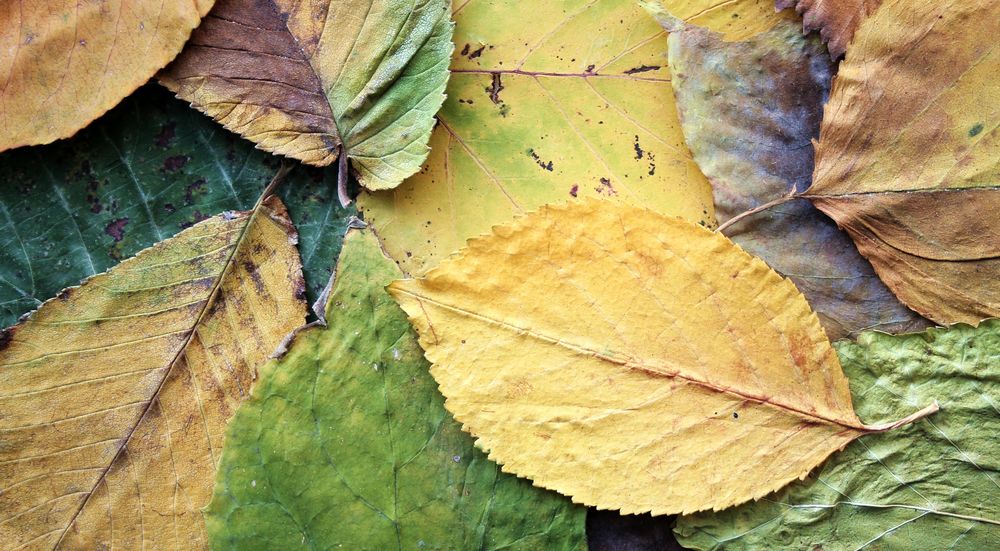Green waste recycling made easier and cheaper with compost facilities
This initiative can greatly ease the task of municipal authorities and landscaping contractors, who at times have a lot of waste to manage.

France throws out 17 million cubic meters of botanical waste every year(1), and processing it in often overstretched waste disposal centers is an expensive job. Now, thanks to the compost facility concept, green waste recycling has become a source of serious financial savings, with the bonus of providing free compost or mulch. This initiative, still not widespread, can greatly ease the task of municipal authorities and landscaping contractors, who at times have a lot of waste to manage.

An organic initiative that addresses several issues
The compost facility is still quite a new concept but more and more districts are adopting it, with the movement gathering pace in recent years. In France’s Vendée department, for instance, they take green waste recycling very seriously with no fewer than four compost facilities run by the southern district’s waste collection contractor Sycodem. The latest is a small unit opened in the town of Fontenay-le-Comte in April 2023. Meanwhile, public sector tender operations for new compost facility projects are ongoing, for example in Lyon Métropole(2).
It’s a concept that meets real needs:
- decreasing green waste processing costs for local authorities ;
- easier access to useful garden resources ;
- raising the public’s awareness of green waste recycling ;
- convincing those who think nothing of making bonfires of cut grass, dead leaves, and prunings, despite the known hazards.
How does an organic matter resource center work?
The aim is to provide a centralized, ecological, green waste management solution, thereby decreasing processing costs at waste collection centers (25% in the aforementioned Fontenay-le-Comte), while producing organic matter for use in gardens at a minor cost. Unlike waste collection compounds, access is generally unlimited and the waste is deposited directly on the ground rather than in a dumpster.
Although compost is the main product, mulch, small wood for heating or barbecues, and woodchips are also supplied, along with crushed seashells (mostly oysters in France, s’il vous plaît!) — and they are all free.
Compost facility as a vegetable kingdom teaching facility
But recycling plant waste doesn’t stop there. Other schemes can also be implemented like tool exchange or plantpot, basket, small crate and stalk recovery. It’s also a good base for an awareness campaign: to get the message through on the importance of recycling and making the most of green waste, compost facility staff can be trained to guide users on the best gestures to adopt.
In the case of Sycodem Sud-Vendée’s compost facilities, composting techniques are demonstrated and there are monthly events and meetings between amateur and professional gardeners to create a new impetus revolving around this circular economy.
The compost facility is a useful lever for rationalizing a district’s expenditure while committing to an eco-assertive approach. In conjunction with eco-grazing, green waste diminishes at one end while being put to more profitable use at the other. Discover other methods for recycling your green waste by visiting the Paysalia trade show, the landscape sector’s flagship event!
(1) Elagage.net: Gestion, ramassage et recyclage des déchets verts
(2) Grand Lyon: Marché Global de Performance pour la conception, la réalisation, l'exploitation, la maintenance d'une plateforme de compostage des biodéchets et d'une végèterie à Rillieux-la-Pape
© Photo credit: iChip / Adobe Stock



